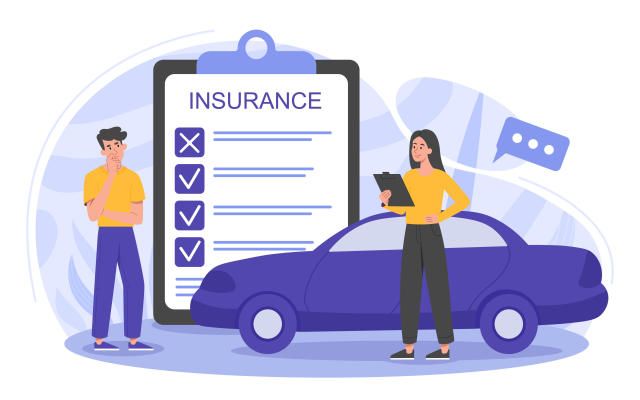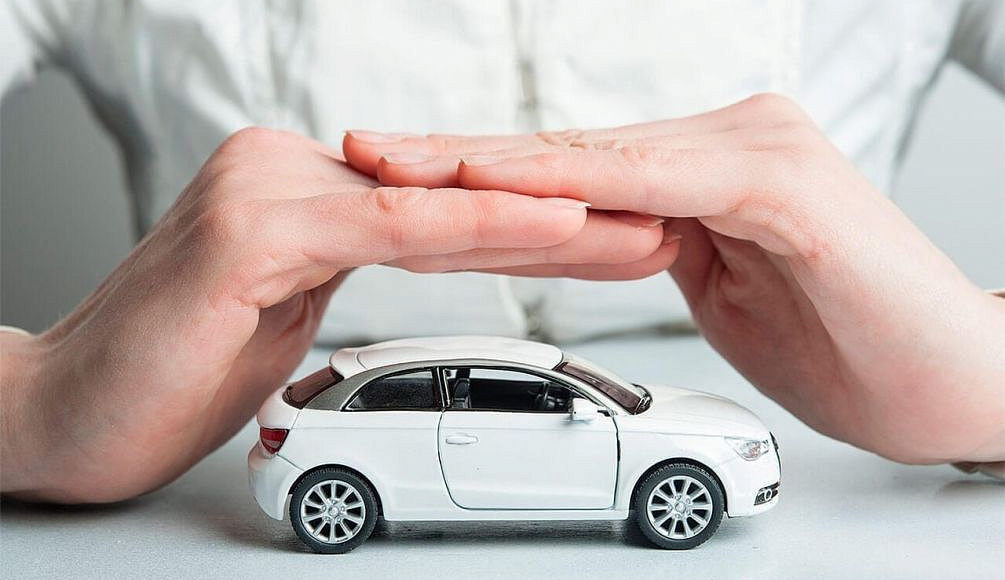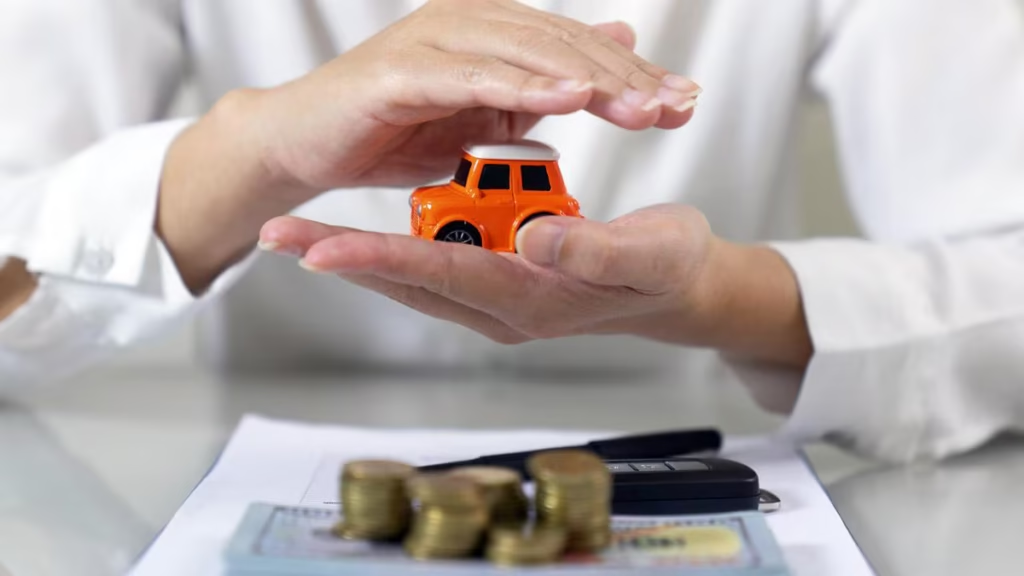
Can I Claim On My Car Insurance For Repairs
Car Insurance For Repairs
“I had so much fun yesterday!” A squirrel darted in front of my car with the agility of a ninja. Fortunately, I didn’t detect it, but it made me consider unexpected car repairs. Does your insurance cover them? “Let’s begin!”
What happens if your car simply breaks down? Can your car insurance cover repairs or mechanical issues that do not result from an accident?
If an accident or other unexpected incident damages your vehicle, auto insurance typically covers the repairs, provided that your policy covers such circumstances. Standard plans often do not cover regular wear and tear, age, or technical difficulties that arise from ordinary use.
Depending on your coverage, auto insurance can help pay for accidents and other unexpected incidents such as theft, fire, or natural catastrophe. Routine car maintenance or repairs are not under its purview.
Does Car Insurance Cover Repairs?
If a collision or another covered incident, such as a fire or theft, causes the damage, auto insurance may cover the repair costs. Most car insurance plans do not cover repairs caused by mechanical breakdowns or regular wear and tear. Let’s examine how auto insurance can help you in an accident or engine trouble.
Which Mechanical Problems Does Car Insurance Cover?
Your comprehensive and collision car insurance may cover some mechanical faults caused by an insured incident. Here are some common scenarios where you may need insurance:
Car Accident: Repairs for critical components like the engine or gearbox may be covered by auto insurance if an accident occurs. If the other driver bears excessive responsibility, their liability insurance should cover the damages. If you caused an accident, you’ll need collision coverage to file a claim with your insurance company. If you do not have it, you must pay for it yourself.
Collision With A Deer: Should you collide with a deer and cause damage to your car’s front end, the repairs may be covered by your comprehensive coverage.
Automobile Breakdowns: Whether you’re on a road trip or commuting to work, your automobile insurance typically doesn’t cover technical issues not caused by an accident. Check into mechanical breakdown insurance for more coverage, or your car’s warranty may cover some parts.
Engine Problems After An Accident: If your engine fails after an accident and your technician determines that the crash was the reason, your auto insurance may pay the repair costs.
Understanding when your insurance coverage kicks in will help you avoid unexpected bills and save stress.

Does "Full Coverage" Insurance Cover Engine Damage?
The word “full coverage” does not have an official definition, but it typically refers to insurance that includes both comprehensive and collision coverage, as well as the minimum liability coverage required by the state. Only an insured incident can cover a blown or damaged engine, even with full coverage. For difficulties like this, you’ll require mechanical breakdown protection.
Types Of Car Insurance Coverage
Understanding the various types of car insurance coverage is crucial for managing repairs after accidents or unexpected events. This is a brief overview:
Liability Insurance
Liability insurance covers the damages and injuries your car causes to other people or their belongings. This type of coverage, which safeguards your finances in the event of an accident, is mandatory in most states. It pays for someone else’s medical bills or fixes to their property. Liability insurance does not cover fixes to your own car. If you caused the accident, you’ll need to pay for your car fixes yourself.
Insurance For Accidents
No matter who caused the accident, collision coverage will pay for your car’s fixes after the crash. This coverage protects you from having to pay high costs for repairs or replacements, whether you hit a pole or had a small accident. After you pay your deductible, your insurance will cover the remaining costs, ensuring that your car repairs align with your plan.
Extensive Coverage
What about damage that isn’t caused by a crash? This is where having complete security comes in handy. This insurance protects against non-accidental damage, such as theft, crime, natural disasters, or collisions with animals. Comprehensive coverage ensures your protection against unforeseen events that could result in costly repair bills.
You can customize your auto insurance to fit your needs and protect yourself from costly repairs in different situations with these coverage choices.
Who Pays To Fix Your Vehicle?
The driver that caused the accident must have insurance that covers the damages.
If you caused an accident, your liability insurance would cover the repairs to the other automobile. Collision insurance will cover your car’s repairs, but you must first pay the deductible.
If the accident was not your fault, file a claim with the other driver’s insurance to repair your car.
Keep in mind that the claims procedure can take several weeks and varies by insurance company. Keeping in touch with the claims adjuster will allow you to track your return and avoid unnecessary delays.

Process Of Filing A Claim For Repairs
Knowing how to file an insurance claim might help you do the repairs faster and more efficiently if your automobile sustains unforeseen damage. Here’s a complete guide to assist you in successfully managing the claims process:
Notifying The Insurance Company
The first step after an occurrence is to contact your insurance carrier as soon as possible. Quick reporting helps avoid delays or complications and speeds up the claims procedure.
Most insurance companies allow you to file a claim through a variety of channels, including a mobile app, a website, and phone lines. Please have your policy number and incident details ready, including the time, location, and kind of damage.
Assessment And Documentation
After the claim is submitted, an insurance agent will inspect the damage to your vehicle. This inspection assesses the extent of the damage and determines the cost of repair.
You will need to provide supporting papers, including:
- Please provide pictures of the damage and, if applicable, a police report.
- Witness statements (if any)
- Preparing these documents in advance can help speed up the claim process.
Approval And Payment
Your insurance company will determine whether to accept your claim after reviewing the inspection and any supporting documentation. If your insurance company approves the repairs, they will notify you of the amount they will pay for them.
There are various payment options available. Some insurers pay the repair shop directly.
- Others will refund you if you cover the repair fees up front.
- Examine your policy to understand how to manage payments.
Follow these steps to get your car back on the road and easily handle the claims procedure!
Does Car Insurance Cover Repairs After An Accident?
Car accidents can happen to anybody, anywhere, and at any moment, despite everyone’s desire to be safe. While insurance may offer comfort, different factors determine the extent of coverage for your vehicle following an accident. Factors such as your type of insurance, who is at fault, whether another automobile is involved, whether the other driver is insured, and whether you hit something other than a car will all be important.
Repairs Typically Not Covered Under Your Vehicle's Insurance Policy Include
- This is the most recent version of the text.
- Parts required for regular maintenance.
- Repairs for mechanical or engine problems that are not caused by collisions are necessary.
- Oil changes.
- Tune-ups
- Brake pads require replacement.
- Malfunctions that are unrelated to a covered incident typically necessitate comprehensive insurance or a dealership warranty.
What Does MBI Cover?
About 30 million people contact AAA each year for roadside help after an unexpected breakdown. The costs of unexpectedly requiring significant auto repairs might be overwhelming, especially if you do not have the funds on hand. An additional Mechanical Breakdown Insurance (MBI) policy can assist with this. It may help you replace or repair critical auto parts, such as:
- Engine parts
- Transmission
- Fuel system
- Brakes
- Air conditioning
- Internal Components
However, as Policygenius points out, most MBI policies do not cover routine maintenance on items designed to wear out. This means you are not protected from things like:
- New tires.
- Brake pads.
- Oil changes.
- Filter replacements.
- Tire rotations.
- Windshield wiper blades.
- Damage caused by poor upkeep.
Before consenting to coverage, it is critical to fully comprehend all service contracts, as each plan may have different terms.
Who Qualifies For An Extended Warranty?
Acting soon is critical because not all vehicles qualify for extended warranty options. The optimum time to get an extended warranty is shortly after your manufacturer’s guarantee expires. If you wait too long, your car may no longer be eligible.
Most carriers will want a full service history before approving an extended warranty. This allows you to ensure that you have completed the manufacturer’s recommended maintenance schedule for your vehicle. Without routine maintenance like oil changes and tire rotations, you may not qualify for an extended warranty.
Typically, extended warranties target newer cars with low mileage. If your mileage is modest, your chances of authorization are higher. If your automobile has fewer miles, you’ll probably pay less for the guarantee.
Other Types Of Car Insurance
If you are involved in a car accident or your vehicle sustains damage from hail or other similar disasters, neither MBI insurance nor an extended warranty will protect you. Collision and full insurance coverage are essential here. Once you pay your deductible, your insurance will cover vehicle repairs. If you are financing or leasing your vehicle, your lender will require you to have collision and comprehensive insurance.
If you cause a collision, your liability insurance will cover repairing the other driver’s vehicle. Most states include this form of coverage as part of their basic insurance requirements. If you have any questions regarding your current coverage or what you may need, please contact your insurance provider. They can assist you in obtaining the appropriate coverage for your needs and understand your policy.
Conclusion

FAQ
The lower the car’s value, the easier it is for damage to result in totaling your vehicle.
For example, if your car needs $5,000 of repair work, an insurer will pay that if your car is worth $40,000. But if your car’s value is only $4,000, a $5,000 repair is more than the car’s value, and the insurer may total it.
Most states establish a minimum threshold to decide whether to repair an automobile or declare it a total loss. In Oklahoma, insurance companies normally consider a vehicle a total loss if the repair expenses exceed 60% of its worth.
Comprehensive insurance covers any property damage that was not caused by a collision unless the collision was with an animal. These events may be referred to as “non-accidents” and can include instances where property damage was caused by:
- Natural disasters, such as hurricanes, flooding, or tornadoes.
- Theft
- Fire or explosives.
- Animals crossing the road.
- Vandalism.
- There may be debris or falling objects on the road.
- Poor Road Conditions.
- Other natural causes include hail, falling trees, or rocks, as well as protests or riots.
If a car accident did not cause the damage, your comprehensive insurance may cover the costs. A Fort Myers personal injury lawyer can analyze your case and advise you on whether you are eligible for compensation.
Most insurance companies don’t set a strict deadline for when repairs must be completed, but they often require you to file a claim within a specific timeframe after the accident.
Once your claim is approved, your coverage for vehicle repair may remain valid indefinitely, but it’s a good idea not to delay repairs.
Almost every major car insurance company advises potential claimants to file a claim first, and then get a repair estimate. While you can almost always choose where to get your vehicle repaired, the insurance company is usually going to want to be involved in the vehicle inspection/damage estimate process.
Before you tell your insurance provider about the collision, acquire a repair price for the damage to your vehicle. Our sister website, lawyers.com, emphasizes the significance of contacting your insurance provider following an automobile accident.
Unless you have specific mechanical breakdown insurance coverage, traditional insurance policies do not usually cover transmission repairs unless your transmission was damaged in an auto accident. This means that you may have to pay out of pocket for any transmission repairs.

